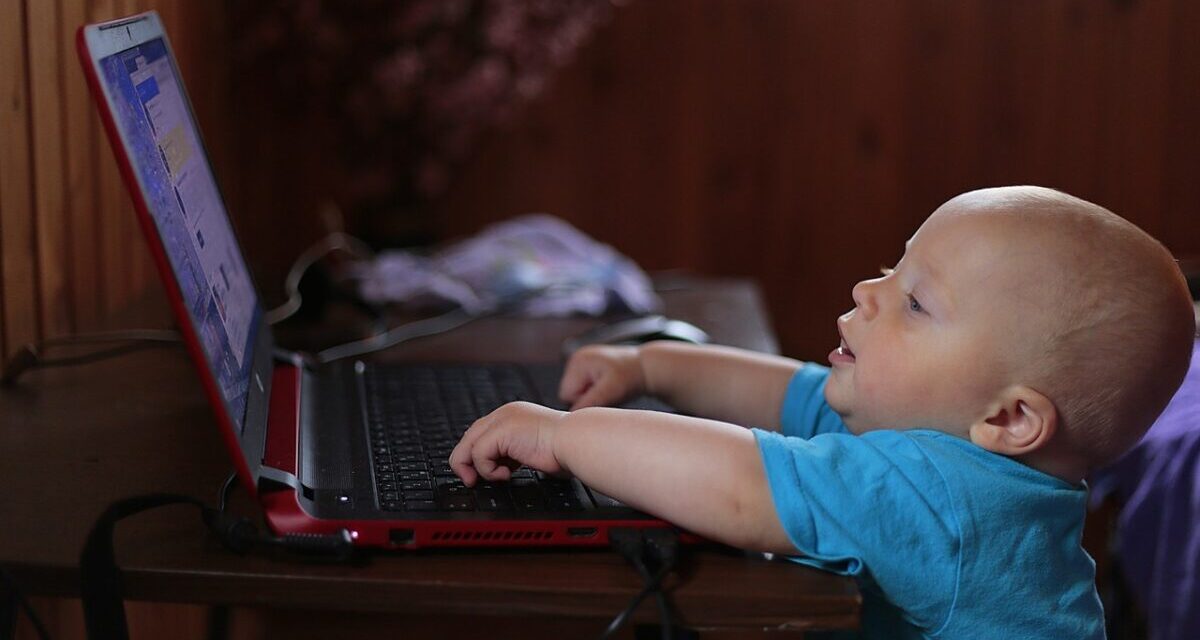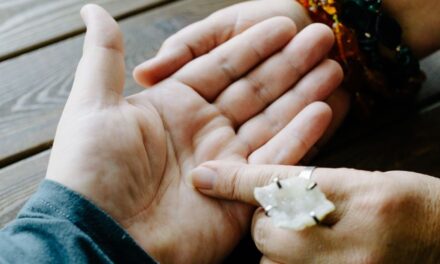During the coronavirus epidemic, as a result of the often unlimited "gadget use" among young children, whole generations may grow up with reduced language skills and struggle with speech comprehension disorders. "Can we imagine a society in which such children, incapable of real communication, live side by side in isolation? ” warn ELTE researchers based on their latest study.
Hungarian researchers who investigated the use of digital devices by young children during the coronavirus pandemic, during and after the epidemic measures, encountered worrying phenomena. Experts warn that entire generations may grow up with reduced language skills and struggling with speech comprehension disorders, which may affect the entire society of the future.
In the background are the often unlimited use of "gadgets", the visual stimuli affecting young children that override everything else
- read the announcement of the Hungarian Academy of Sciences (MTA) on Tuesday.
It was recalled that in June 2021, the Hungarian Academy of Sciences announced its tender for research into post-COVID phenomena, the purpose of which was to support (basic) research aimed at exploring the health, social, cultural and other problems arising from the post-COVID phenomena caused by the coronavirus and they are looking for answers. Within the framework of the tender, ELTE researchers are examining the use of digital devices by preschoolers and how the development of children's social skills has changed as a result of the coronavirus pandemic. The results of the research were reported at the Hungarian Science Festival.
According to the researchers, while quite a lot is known about the effects of the epidemic on schoolchildren and adults, the effects on preschoolers, who are in the most sensitive stage of development, have remained relatively hidden. Among other things, they investigated what the children's leisure use of smartphones and tablets was like after the declaration of the state of emergency (when there were restrictions) and during a period when there were no strict restrictions in place, and they tried to capture what changes occurred due to the quarantine measures that also affected public education.
The ELTE researchers clearly found that under the restrictions, preschoolers watched more TV, used tablets and smartphones more: they primarily consumed fairy-tale films and videos.
"Our goal is to face what is happening to us. As researchers, this is one of our most important tasks: to reveal the reality and enable everyone involved to draw conclusions appropriate to their social role as parents, education professionals, teachers or child psychologists. This requires reliable data, so we are working very hard on this," said Ákos Pogány, assistant professor of the Department of Ethology at ELTE, reporting on the details of the research being carried out in the Alfa Generáció Laboratory, supported by the Hungarian Academy of Sciences. According to the researcher, the most disturbing thing is that "the digital expansion is taking place at an incredible speed", and children are often already "using gadgets" at the nursery age.
"The unanimous opinion of the speech therapists who perform screenings in kindergartens is that the children's language performance has started to deteriorate drastically in the last two or three years. Today's preschoolers cannot perform at the same language level as preschoolers five years ago or even preschoolers three years ago"
- said Ákos Pogány, who believes that the visual stimulus offered by smart devices is behind the phenomenon. A lot of young children start to "use gadgets" almost before they learn the language. And this is a big problem, because the first few years of childhood are a special period when the child learns his mother tongue passively, after listening, focusing on acoustic information. The "gadget" closes this passive acoustic channel because it offers much more interesting visual stimuli.
"If there is no language, there is no communication. We can't think of any area in children's development that doesn't require them to communicate in order to understand language. Experts often refer to the consequences of too early or too much device use as virtual autism. In practice, they see behavior and symptoms in these children that usually appear in children diagnosed with autism"
explained the researcher.
All of this is a big problem because most parents do not know or understand why giving a smartphone to a child sitting in a stroller is harmful.
"There is a huge experiment taking place, the results of which we will see when these children grow up and try to form normal relationships, start a family or just succeed in life at all"
- warned Ákos Pogány, who thinks that this side of digital development paints a pretty scary picture.
"Can we imagine a society in which such children, incapable of real communication, live side by side in isolation?
I think caution can't hurt anyone, and we researchers are doing our best to catch up with the understanding of the consequences of this phenomenon," he added.
Among the central programs of this year's Hungarian Science Festival, the symposium entitled Researching Post-COVID Phenomena was organized. The entire symposium, including Ákos Pogány's presentation entitled "Short and long-term effects of the epidemic on the use of digital devices and socio-cognitive development of preschool children" can be viewed on the MTA's YouTube channel.
MTI
Photo: Pixabay













